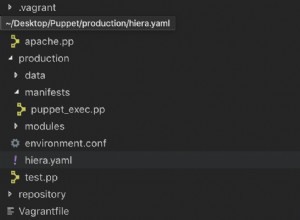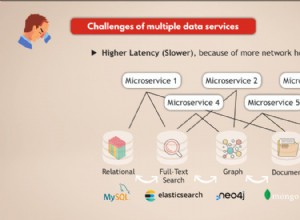Vous n'avez pas à dire à embauchés que vous devez attendre sur le canal :la boucle d'événement attendra simplement sur la connexion Redis qui a été précédemment enregistrée.
Voici un exemple complet :
#include <stdio.h>
#include <stdlib.h>
#include <string.h>
#include <signal.h>
#include "hiredis.h"
#include "async.h"
#include "adapters/libevent.h"
void subCallback(redisAsyncContext *c, void *r, void *priv) {
redisReply *reply = r;
if (reply == NULL) return;
if ( reply->type == REDIS_REPLY_ARRAY && reply->elements == 3 ) {
if ( strcmp( reply->element[0]->str, "subscribe" ) != 0 ) {
printf( "Received[%s] channel %s: %s\n",
(char*)priv,
reply->element[1]->str,
reply->element[2]->str );
}
}
}
void connectCallback(const redisAsyncContext *c, int status) {
if (status != REDIS_OK) {
printf("Error: %s\n", c->errstr);
return;
}
printf("Connected...\n");
}
void disconnectCallback(const redisAsyncContext *c, int status) {
if (status != REDIS_OK) {
printf("Error: %s\n", c->errstr);
return;
}
printf("Disconnected...\n");
}
int main (int argc, char **argv) {
signal(SIGPIPE, SIG_IGN);
struct event_base *base = event_base_new();
redisAsyncContext *c = redisAsyncConnect("127.0.0.1", 6379);
if (c->err) {
/* Let *c leak for now... */
printf("Error: %s\n", c->errstr);
return 1;
}
redisLibeventAttach(c,base);
redisAsyncSetConnectCallback(c,connectCallback);
redisAsyncSetDisconnectCallback(c,disconnectCallback);
redisAsyncCommand(c, subCallback, (char*) "sub", "SUBSCRIBE foo");
event_base_dispatch(base);
return 0;
}
Vous pouvez le tester en utilisant simplement la commande suivante pour publier quelque chose :
redis-cli publish foo something
La fonction event_base_dispatch est celle qui lance réellement la boucle d'événement, et la fait attendre sur l'abonnement Redis.




